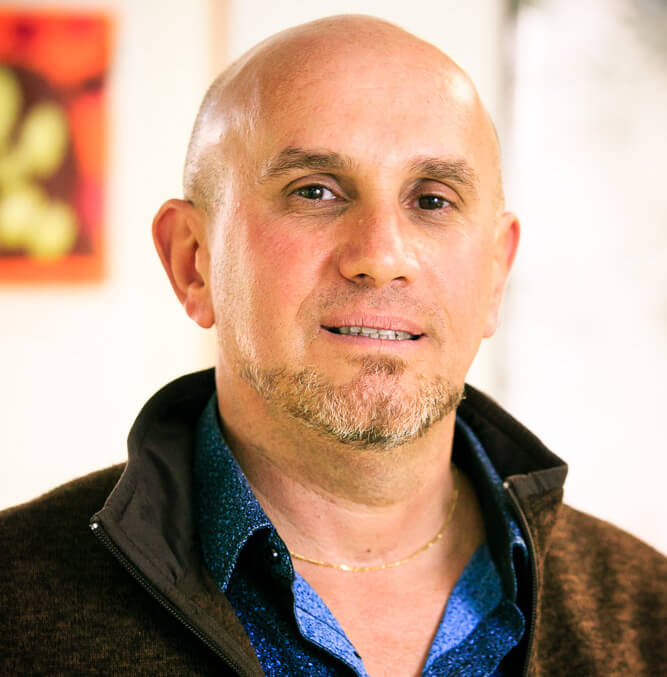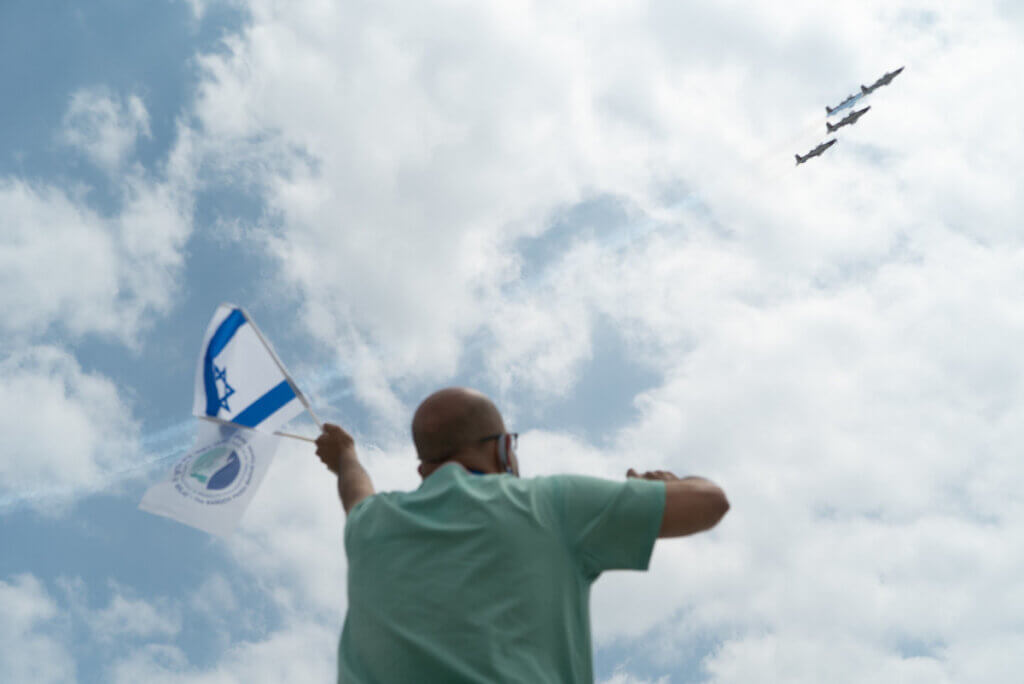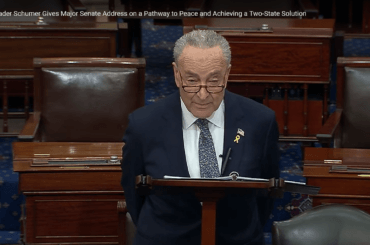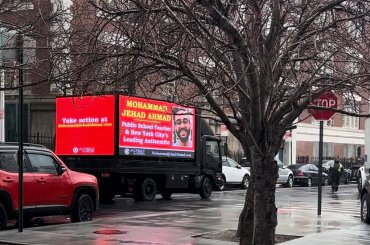AFTER ISRAEL
Towards Cultural Transformation
by Marcelo Svirsky
256 pp. Zed Books, $28.75
In his recent article “My grandfather’s Nakba,” Emad Moussa referred to Marcelo Svirsky’s 2014 book “After Israel: Towards Cultural Transformation“in connection with the “active forgetting” practiced by most Israeli Jews. My curiosity piqued, I read the book and am highly impressed. Although it was nominated and short-listed for a Palestine Book Award, it does not seem to be widely known outside the community of scholars in Settler Colonial Studies. It has been reviewed neither on Mondoweiss nor on The Electronic Intifada. Hence my belated review.

The author, a former Israeli high school teacher who now lectures at the University of Wollongong in Australia, views Zionism not as a political ideology and movement in the narrow sense but as a system of practices or way of life that permeates all spheres of Jewish-Israeli culture and society. It can therefore be overcome only by means of a deep cultural transformation that will equip Israeli Jews to live and work together with Palestinians in a shared homeland, “after Israel.”
Professor Svirsky has no truck with the delusion of ‘post-Zionism.’ Zionism remains firmly entrenched as the dominant paradigm of Jewish-Israeli life. At the same time, he sees promising signs of the beginnings of resistance to Zionism among Israeli Jews. Like Zionism itself, such resistance need not be openly political in nature. For example, some Mizrahi youngsters evade the draft in order to earn money to help their families, but their ‘non-political’ motive does not deprive their draft evasion of meaning or value.
The author starts with a theoretical introduction. Then he applies his approach in successive chapters to four facets of Israeli life represented by the figures of the hiker, the teacher, the parent, and the voter. In the process we learn a great deal about the education that Israeli Jews receive in school, in the family, and in Zionist youth movements and how closely it is geared to Zionist indoctrination and to preparation for military service.
The conceptual structure that Professor Svirsky erects in his introduction is a complicated one. Is it perhaps unnecessarily complicated? He is aware that it may put off non-academic readers, whom he invites to skip the introduction or read it last. If, however, it can be read last, why not change the title to ‘Theoretical implications’ and place it last, where it is less likely to put people off?
Of special interest to me was the chapter on hiking. No other author of whom I am aware provides a detailed account of the Zionist hiking expedition and analysis of the role it continues to play in ‘conquering’ the land. (Meron Benvenisti has a few pages of nostalgic reminiscences about hiking expeditions in his memoir.) [1]
I feel a personal connection with this topic, though for me it was part of an anti-Zionist education. When I was about ten my parents visited Israel for the first time, leaving my sister and me with an aunt. Upon their return I asked my mother for her impressions and was astonished at her reply: “This is our [i.e., Jewish] fascism.” She then talked about the presence everywhere of armed soldiers – another focus of Svirsky’s reflections – and the exhausted young hikers she had watched marching along the road in the heat. A few years later I myself went hiking in Israel, on my own, and chanced upon the ruins of a deserted village that suddenly revealed to me the dirty secret of the ‘Jewish’ state.
Notes
[1] Sons of the Cypresses: Memories, Reflections and Regrets from a Political Life (University of California Press, 2007).



Know Marcelo well. He lives in Australia and we are lucky to have him live amongst us.
Not only does he exercise his brain well, he is famous for his practical activism in support of a moral and principled Israel/Palestine. He and I have undertaken several long-distance walks to Parliament House in Canberra with petitions etc.
Terrific to see his very thoughtful book reviewed at last.
The world needs more people of his ilk.
“… views Zionism not as a political ideology and movement in the narrow sense but as a system of practices or way of life that permeates all spheres of Jewish-Israeli culture and society”
Well said. Some people do get it.
In fact, perhaps he doesn’t realize it because he is Palestine-born: it does permeate the very identity of all people, anywhere, who cling to the “Jewish” label independently from religious practice, not only in Palestine — be they consciously Zionist as in the default case, or officially “non-or-anti-Zionist”.
Finally! Mondoweiss has finally become officially and undeniably a Democratic party tool — by displaying a pop-up of the fraud squad traitors, who split their votes every time so as to always help the imperialist warmonger vote (most recently by even 1 single vote!) while they do hold the balance of power. They gave billions to the Zionist entity and supported all warmongering measures (beside sabotaging all worker-friendly measures and promises from Medicare for all to a measly $15 minimum wage.
By censoring this comment, you are making your position as official tool of one of the two right wings of the War Party totally obvious.
Nice going, Weiss!